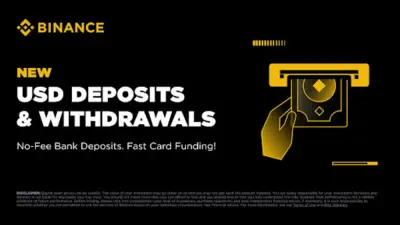Former President Donald Trump has granted a full and unconditional pardon to Ross Ulbricht, the creator of infamous dark web marketplace Silk Road, delivering on his campaign promise to release the controversial figure. Trump announced the decision through Truth Social after personally calling Ulbricht's mother to share the news, emphasizing the influence of the Libertarian Movement in his decision-making process.
The Journey from Silk Road to Freedom
Ulbricht, who turned 40 in March 2024, has spent over 11 years behind bars following his 2013 arrest for creating and operating Silk Road. The marketplace, which facilitated approximately $213 million in transactions, became synonymous with cryptocurrency's early association with illicit activities. Federal prosecutors demonstrated that the platform had processed over 1.5 million transactions during its operation, leading to Ulbricht's conviction on seven criminal counts. In 2015, he received what many considered a harsh sentence: life imprisonment plus 40 years without the possibility of parole.
Grassroots Movement Shapes Presidential Action
The pardon follows Trump's decisive pledge during the May 2024 Libertarian National Convention, where he promised to commute Ulbricht's sentence "on day one" if re-elected. The decision has garnered significant support from the cryptocurrency community and libertarian movement, both of which have long advocated for Ulbricht's release through the "Free Ross" campaign. Following Trump's victory in November, Ulbricht expressed optimism about his future, posting on X: "I trust him to honor his pledge and give me a second chance. After 11+ years in darkness, I can finally see the light of freedom at the end of the tunnel."
Implications for Crypto Policy and Reform
The presidential pardon marks a significant shift in Ulbricht's fate and reflects evolving attitudes toward cryptocurrency-related cases. Trump's broader crypto agenda includes ambitious plans to establish a bitcoin strategic stockpile, create a Crypto Presidential Advisory Council, and position the United States as a leading bitcoin mining hub. The administration has also pledged to repeal SAB 121, signaling a more crypto-friendly regulatory approach. This pardon, combined with Trump's stated policy objectives, suggests a potential sea change in how the United States government approaches cryptocurrency innovation and regulation going forward.

 Nikolas Sargeant
Nikolas Sargeant







